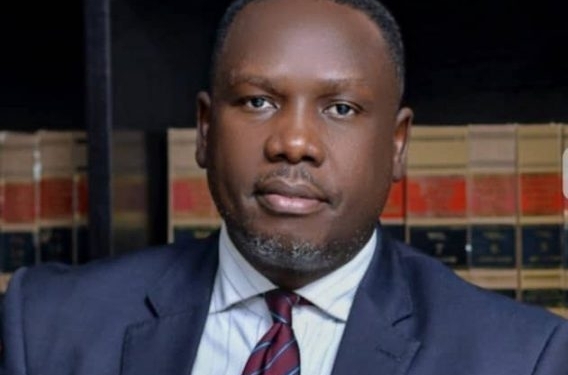- The proposed laws include the Nigeria tax bill, Nigeria tax administration bill, Nigeria revenue service establishment bill, and the joint revenue board establishment bill.
- A contentious issue is the revised value-added tax (VAT) sharing formula, which faces opposition, particularly from northern Nigeria stakeholders.
Daniel Bwala, President Bola Tinubu’s special adviser on policy communication, has said that governors opposing tax bills prioritize revenue over citizens’ well-being.
In December 2024, President Tinubu stated that the tax reform bills “have come to stay” while showing willingness to address concerns.
Speaking during an interview with Channels TV, Bwala emphasized that the tax reform bills are not regional issues, but rather part of the normal lawmaking process.
“There are governors from other parts of Nigeria, not just the North, who also object to the bills,” Bwala said.
“I argue that this issue should be separated from regional sentiments, as it fuels passion.”
“The tax reform bills will be passed, and it’s not about North vs. South, but about governors being impacted.”
Bwala explained that governors from states with reduced income due to derivation will be affected, and they’re not limited to the North.
“Some northern governors have chosen to vocalize their concerns.”
Bwala drew parallels with local government autonomy, stating that governors opposed it because they viewed it as initiative to weaken their powers.
“To governors concerned about revenue reduction, Bwala said the focus should be on Nigerians, not just 37 governors,” he said.
“The implementation of this tax will positively impact over 200 million Nigerians, with various initiatives benefiting the citizens.”






Discussion about this post